For 18 days, the world watched the protests in Egypt as people rallied against a corrupt government led by former President Hosni Mubarak. Until last Sunday, Jessie Sobrino (’06) was living in Cairo while working for the Egyptian International Economic Forum where, as a research and publications associate, she wrote about the country’s politics and economy.
Sobrino, who graduated from Boston College in 2010 after studying in Egypt for a year, shared her experiences and thoughts about the future of Egypt with the Black & White.

Black & White: Mubarak announced his resignation Feb. 11. What word have you received from friends and protestors still in Egypt, and what do you think will happen next?
Jessie Sobrino: Obviously there’s now a vacuum—the army’s going to fill it immediately, but that does not satisfy the demands of the protestors. I think the most important thing to watch now is the next couple weeks. This was all basically setting the stage for change to be able to occur. Nothing could have moved forward until Mubarak left. It’s definitely going to be a military state for a while, and hopefully the government will pave the way for free and fair elections. For me, this isn’t the end of Mubarak’s regime; it’s the start of the question.
B&W: What factored into your decision to leave Egypt?
JS: At the beginning, I said, “I’m not leaving. This is what I’ve studied, this is what my work is, I don’t want to leave.” I balanced how valuable it was academically and vocationally to be in Egypt with security concerns, and it finally broke a point when I wasn’t leaving my apartment because of curfew and tight security. At that point, I might as well have not been in Cairo.
B&W: By then, what was going on that was dangerous enough to make you leave?
JS: It wasn’t the actual protests that caused me to go home, as much as the looting at night. There was a local militia that was created, and they were essentially shopkeepers and people who lived in my building who would go downstairs with guns and machetes and anything they could get, like a piece of metal tubing. They distinguished themselves with white tape around their arms and they would protect us from looting. But you would hear gunshots every night.

B&W: In your interview with CNN’s Anderson Cooper on the eighth day of the protests, you said you couldn’t go out on the streets as much because you were female. Can you elaborate?
JS: It’s a male-dominated society. So when the protests started, there’s a fine line between being an observer and a participant. The first three days, I was downtown with one girl and two guy friends. The security threat became greater for a girl than for a guy because naturally, even if I was Egyptian, girls stand out in society more than guys do. Even if I wasn’t being targeted, the Egyptians would approach me and say, “It’s not safe for you.” The political unrest has nothing to do with me; it’s an Egyptian cause, so I shouldn’t be distracting someone who’s on the streets for a valid reason.
B&W: You mentioned being in the streets the first couple days. Who, exactly, was out in the streets protesting?
JS: The most important segment of the population to rally is the middle-class, and that’s what was so striking about the first day of protests. It was more of a cool thing to do than the desperation, more symbolic than a sign of ideological demands. And then as soon as it became really violent, there was a clear shift. Those middle-class younger kids were replaced by lawyers, doctors, older generations and a larger segment of the poor. They weren’t working anyway, so they could afford to be on the street.
B&W: Were you able to contact family while you were in Egypt?
JS: The internet went down pretty quickly, and the phone went down for 36 hours, but I had a phone line. It’s expensive to call, so I would call family and tell them to call me back on Skype. It’s a lot cheaper. After 36 hours, my cell phone started working again, so I went around and I got as much credit as I could, all around the neighborhood. I did not have texting the entire time. However, three days before I left, the internet came back, so that created a sense of normalcy again that made me question my decision to go home. I think it still was a smart choice to leave.

B&W: Was it difficult to get to the airport and get out of Egypt?
JS: Getting to the airport was the hardest thing. It was the most unsafe I felt the entire time. By this point, there were checkpoints that were not police, were not military; they were just ordinary Egyptians who had decided to create a sense of safety. So every hundred yards or so, you’d be stopped. They tried to take my passport away, so I had to yell in Arabic, get out of the cab and chase someone down. Every single checkpoint, I was accused of being a journalist, and twice I was interrogated by people who claimed to be detectives from the Ministry of Interior. There were two guys sitting on top of the cab car with machetes at some point, and the cab driver even had his credentials taken once or twice. When I left, it was definitely reaching a new sense of anti-American sentiment and a new sense of not just anti-American, but anti-foreign media sentiment.
B&W: What’s your opinion of the US administration’s response to the Egyptian protests?
JS: On the surface, I’m very disappointed at how long it took them to switch over. That being said, there’s clearly a lot of maneuvering happening behind-the-scenes that does not go into the media. Egypt is a very important ally for the US, and we couldn’t afford to alienate Mubarak or the protestors. As Americans, we were sitting there and waiting for a statement that shows a sense of posturing, which didn’t exist. But it was anticipated; I would’ve been surprised if they had come out in support of the people any sooner than they did.
B&W: Has the coverage you’ve seen in western media matched up with what you’ve seen firsthand?
JS: Yes, but they’re about six hours behind. As someone who’s studied the Middle East, there’s a huge difference between what CNN says and what AlJazeera says, and there’s a huge difference between what AlJazeera English says and what AlJazeera Arabic says. You have to be really mindful of what each of them is saying.

B&W: You were in Egypt for a couple months. Could you see any signs that anti-Mubarak sentiment was growing?
JS: Nobody knew it was going to happen. There was a lot of anti-Mubarak sentiment, but there always has been. Something that scholars say is that Egypt has the ripest conditions for revolution, but it’s always been the most stable since Mubarak came to power. It’s very vocal that people don’t like him. The difference is that people were very disillusioned, and it’s the first time that the people have felt like they have the power to change something.
B&W: When everything calms down, do you plan on returning to Egypt for work?
JS: I still don’t know the answer to that. It depends on two things—stability of the political situation, but more importantly for my job, it depends on the economy. When the protests started, Egypt was losing about half a billion dollars a day in investments; it’s now about 300 million. They had to close the stock market because it was absolutely crashing, and I worked for an NGO that gets its money from businessmen. They’ve already moved all their money overseas, so I don’t know if my job still exists.
B&W: Has your perception of Egypt and the government there changed?
JS: No, not at all. I’m a lot prouder of the Egyptian people than I’d say I was even a month ago. Egyptians are some of the most compassionate, friendly people I’ve ever met, but there’s often a sense of laziness that’s often mocked. That’s why I never thought I would see political change come from an uprising on the streets. People say they’re willing to pay the price of what’s happening, but ten years down the road, I don’t know if they really will be.




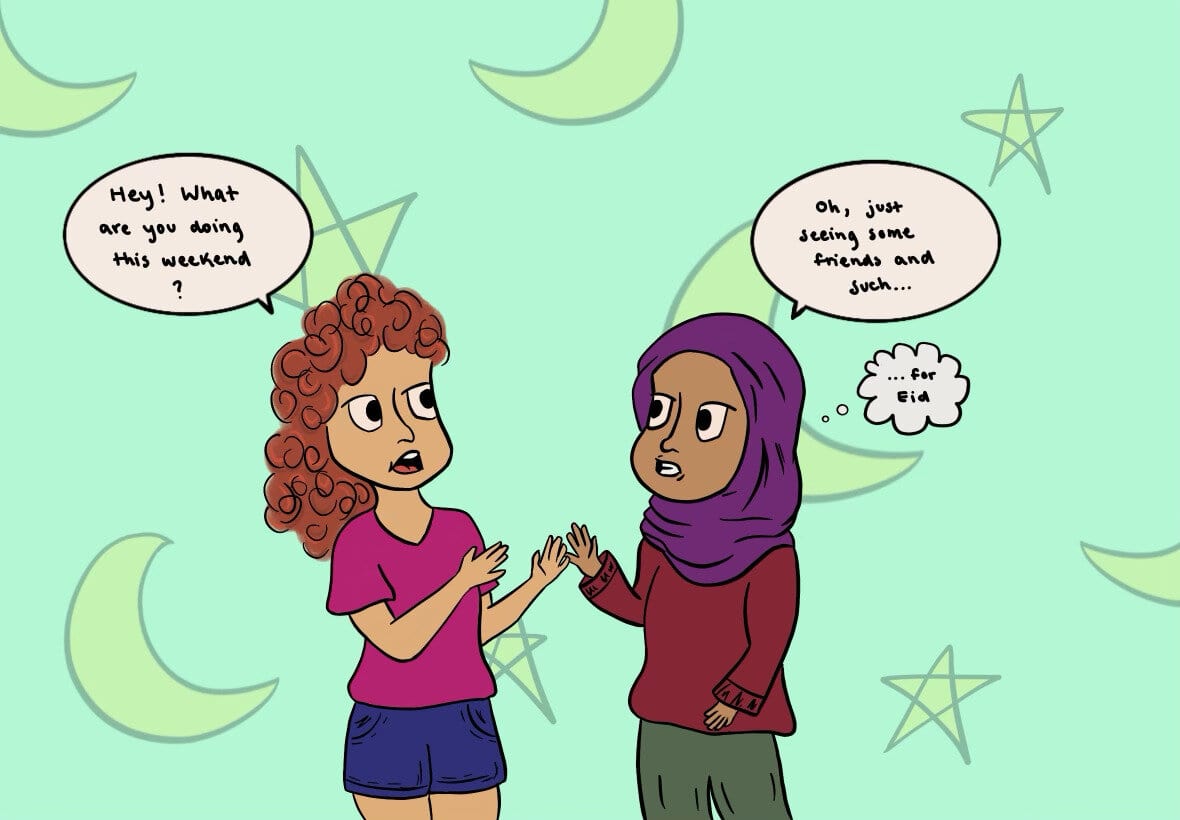
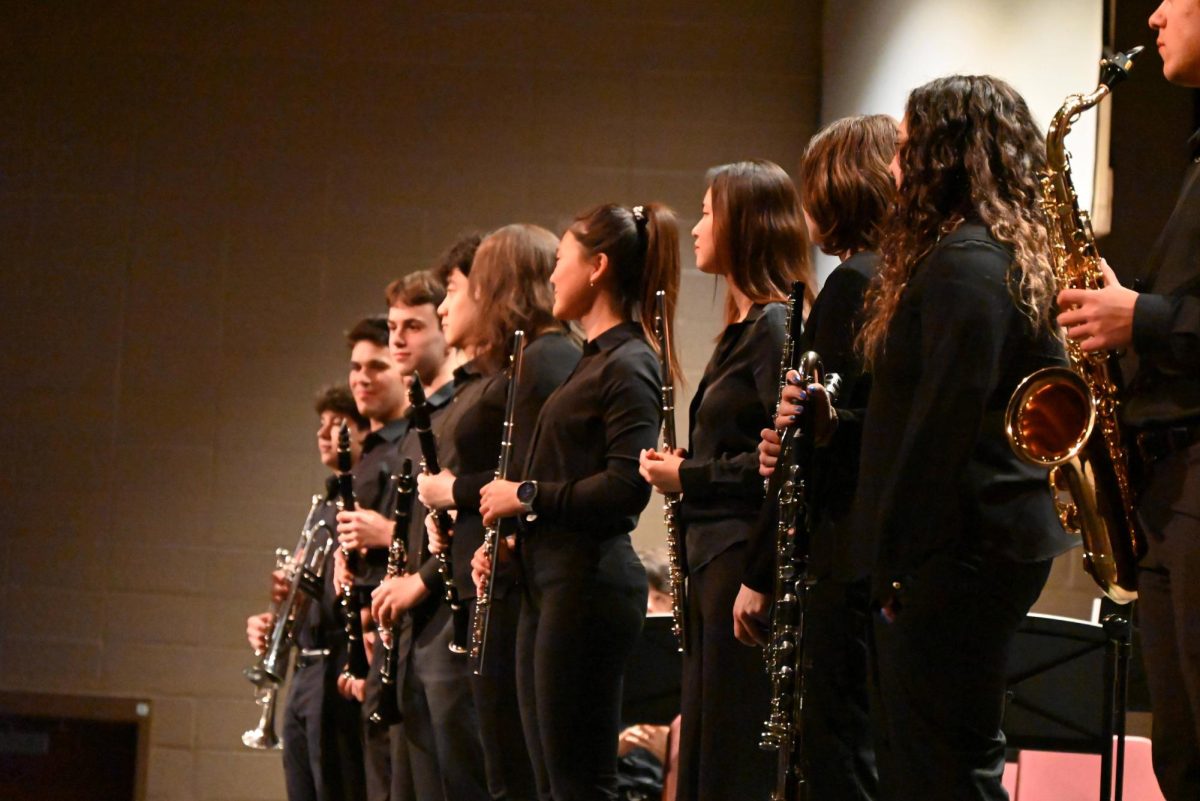
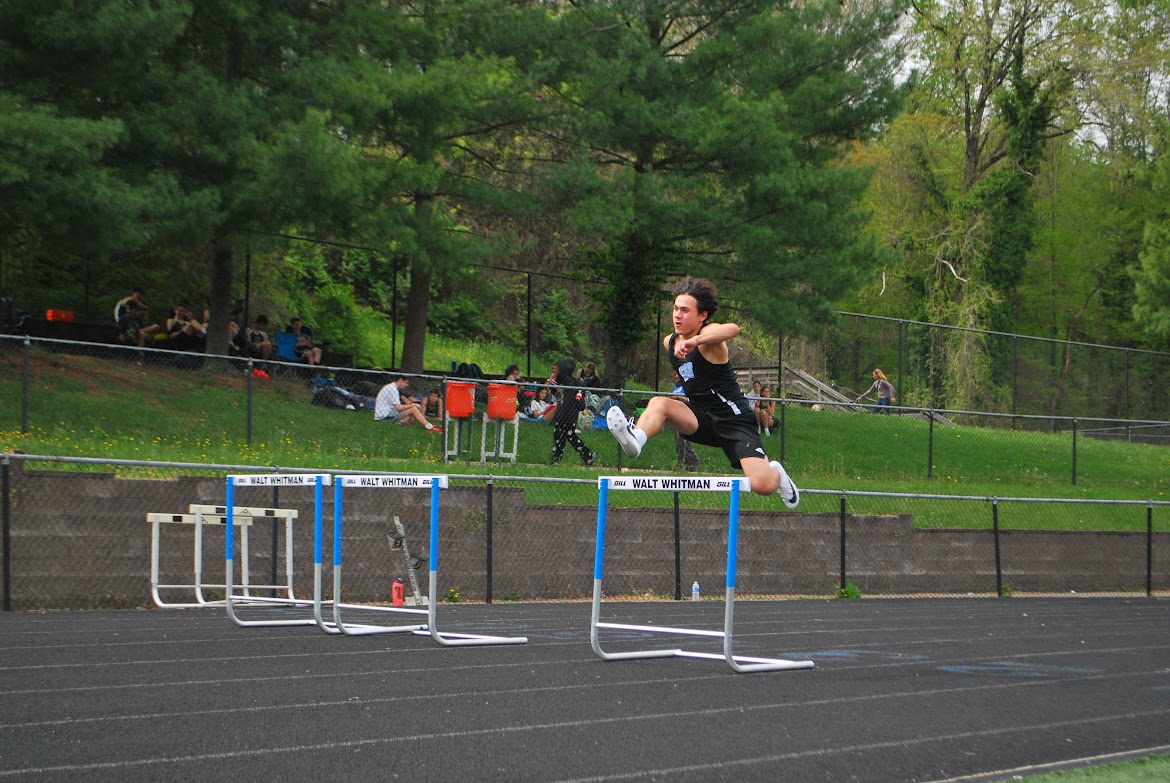

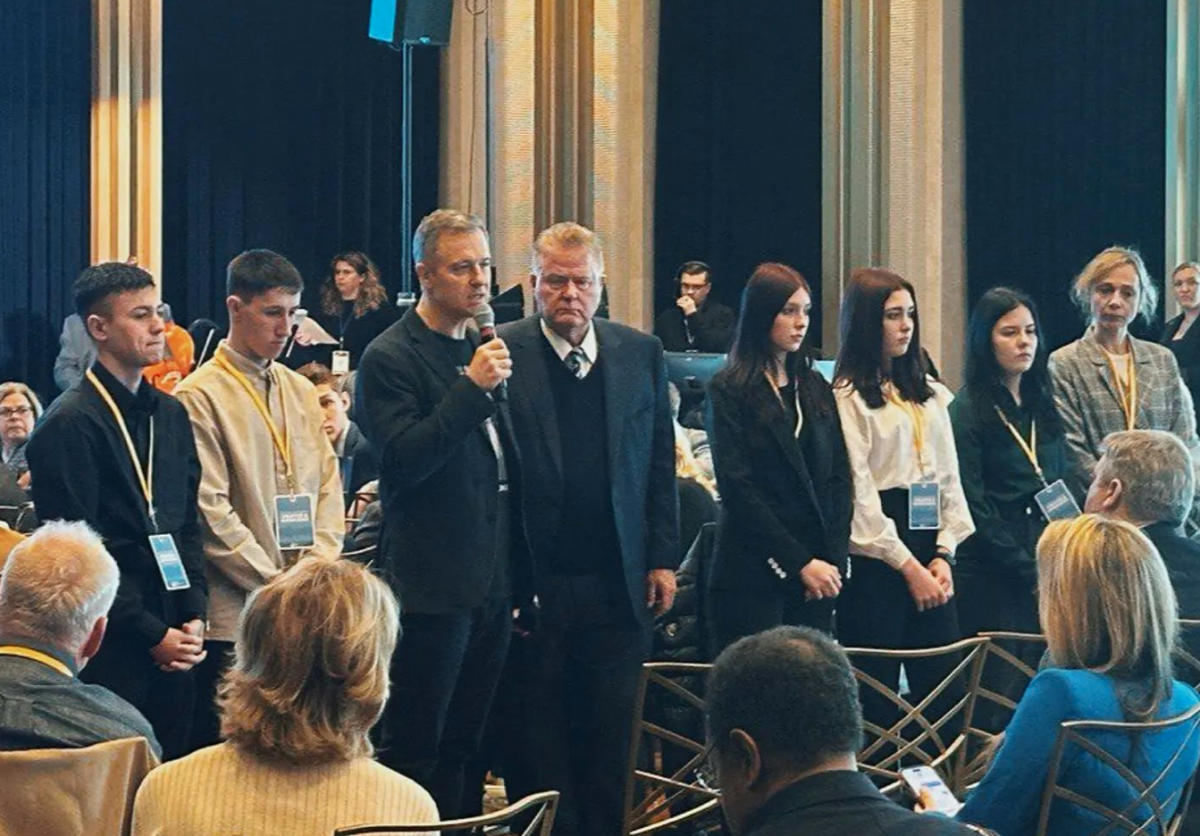

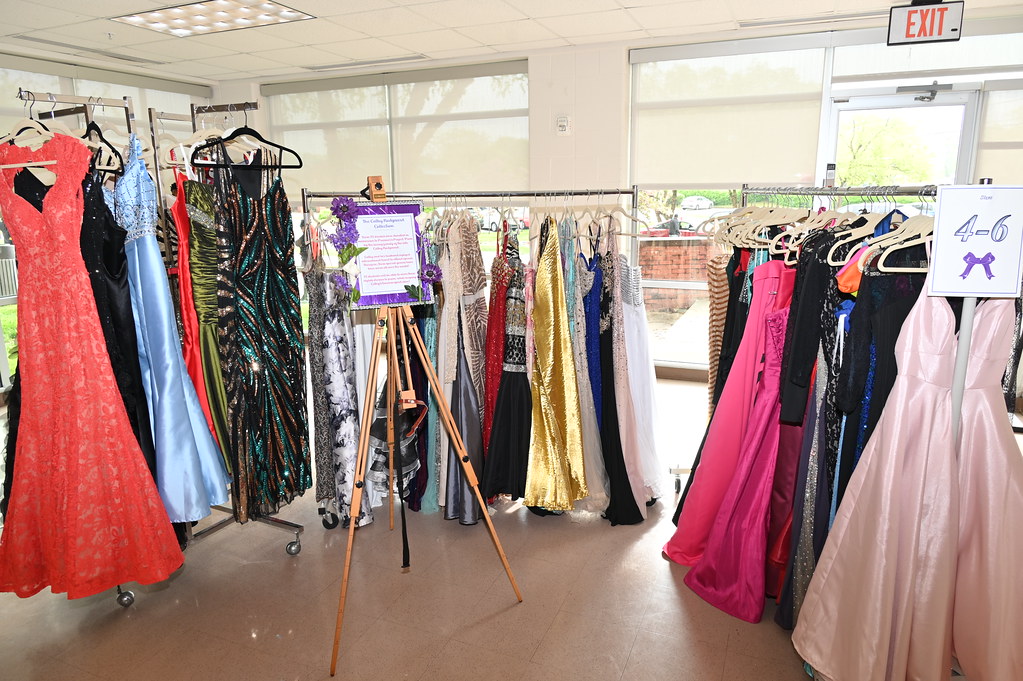
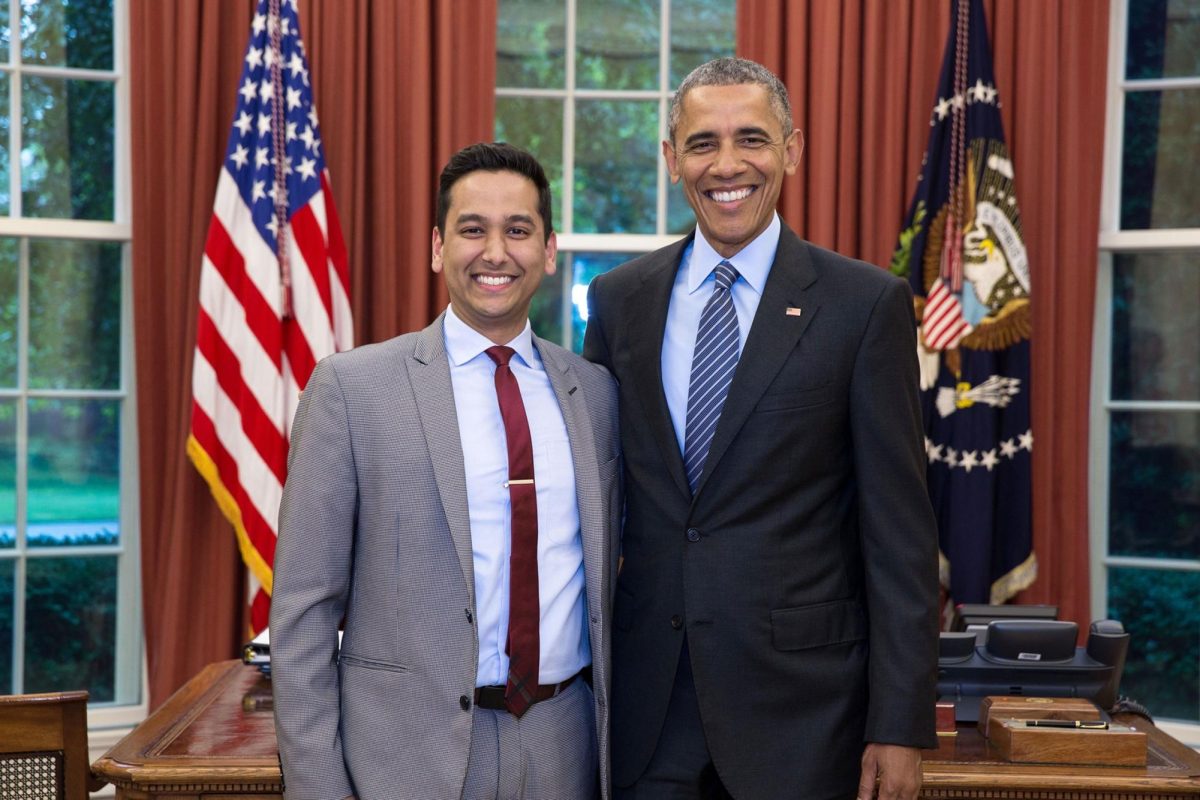

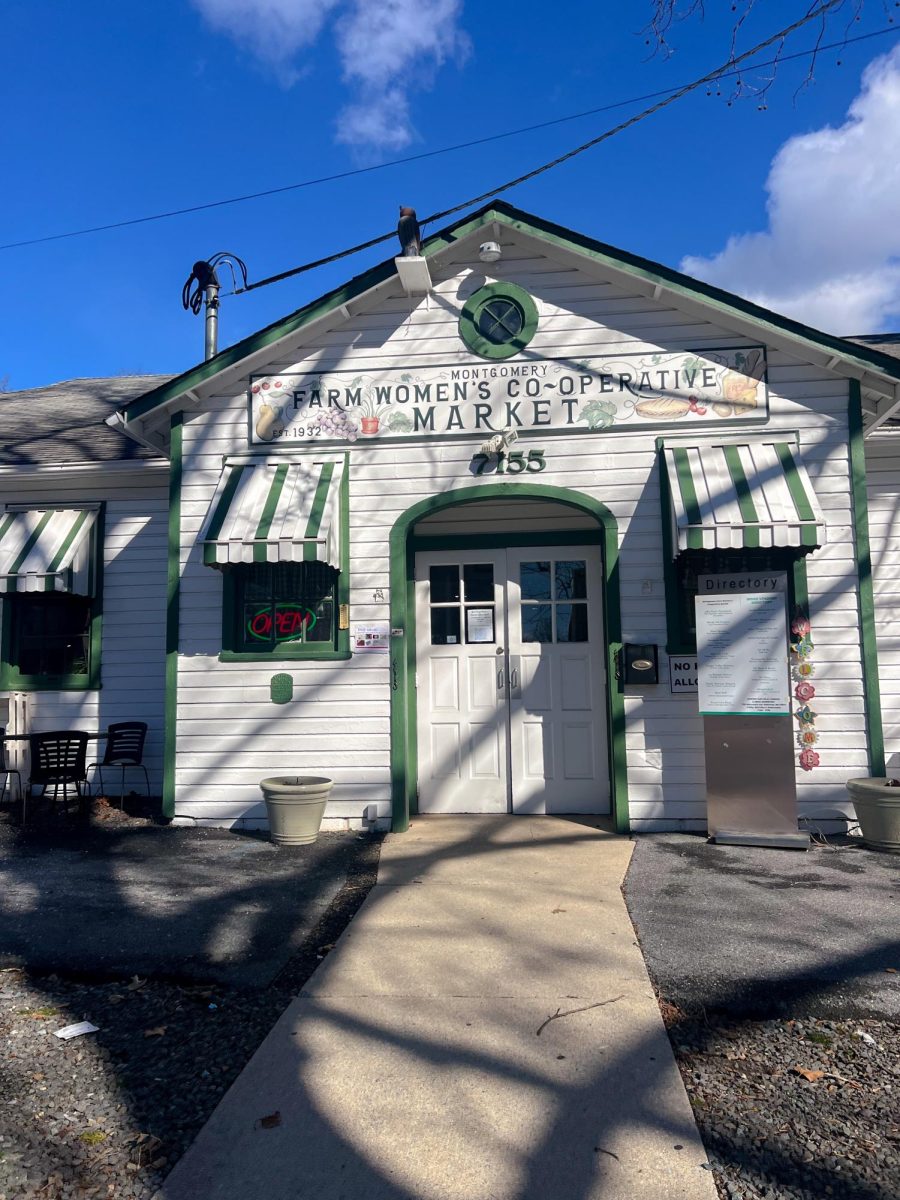
dor lachovizer • Feb 22, 2011 at 10:21 am
this is a good example of the domino effect theroy
Dr. Jan Bowman • Feb 17, 2011 at 3:04 pm
Wow! I enjoyed reading this article and to learn that Jessie was safe and well. I am proud of all the many
accomplishments of my former Black&White Chickadees. The Black&White continues to produce cutting edge
high school journalism. Congratulations to all of you for your work.